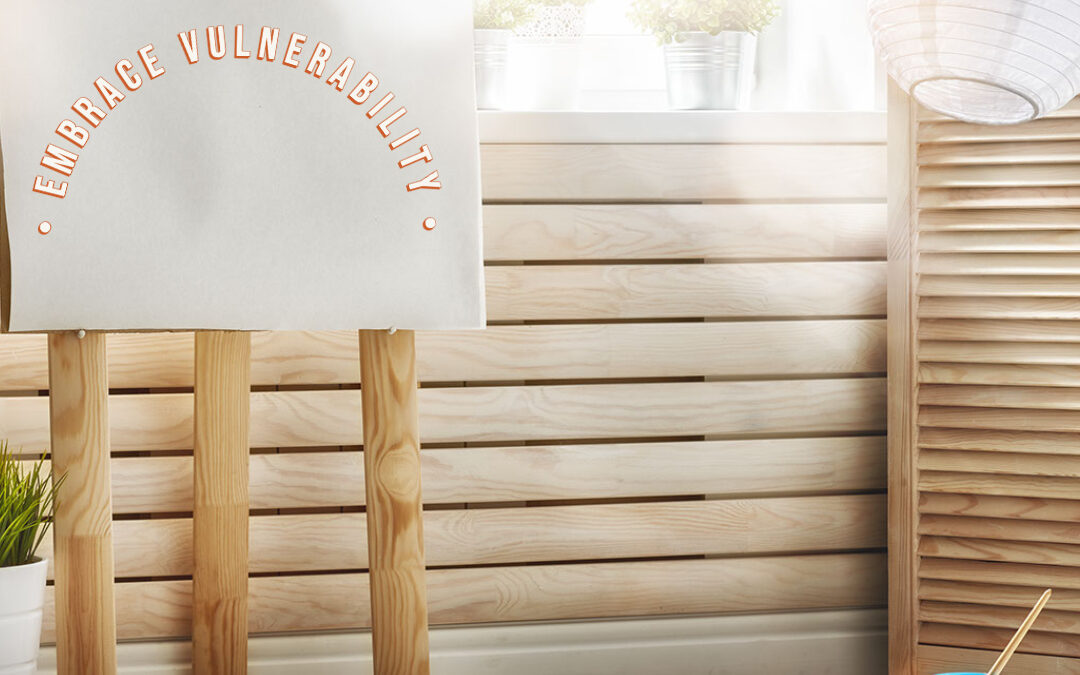In the course of my job, I’m honored to speak with consumers and business professionals about their wants, needs, experiences, and opinions and transform those observations into valuable insights our clients can use for decision making.
Through the Uncorking a Story podcast, I also speak with A-List authors about their careers to uncover the stories behind their stories. I’m always inspired by these conversations and the one I recorded with New York Times Bestselling Author Christina Baker Kline about her latest novel, The Exiles, is no exception. She and I spoke about how all kids are born creative—they draw, paint, dance, sing, and perform without much provocation. Somewhere along the way, though, something tragic happens to many of us—that light goes out. I’ve witnessed it in my own kids. I could decorate my entire house with canvases they painted while in pre-school and during their time in grammar school. But now that they are 19, I don’t get any more artwork. In fact, one of my girls, Gracie, is an extremely talented artist but these days, whenever I catch her sketching something and ask what she’s doing, she quickly covers it up and says, “Nothing.”
Christina and I talk about this dynamic and came to the conclusion that it is fear of vulnerability that clouds our expressions of creativity. Isn’t that sad? I wish i could have nipped that in the bud somehow because, while fear comes along with vulnerability, we often don’t realize that freedom is also a traveling companion.
Recently, I was in an Uber and struck up a conversation with the driver. We were going to be together for an hour so I asked him about a song on his playlist—if memory serves it was a classic song by Santana and that led to a conversation about how he sizes up the people coming into his car, anticipates what they might like to hear, and plays it for them. Now that might sound like profiling to you, and I’m sure he’s not right 100% of the time, but he was spot on with me, and it was a fantastic way to build rapport.
As we continued our drive, he opened up to me about how he’s been driving with Uber for five years and has recently found it to be therapeutic. Now, I’m an uncorker of stories so I had to dig a little deeper into that and he told me that last Spring he lost his son to gun violence in Chicago, shortly after the death of George Floyd. He went on to say that, as a black man, he was taught all his life not to bring his issues or problems to anyone else. They were his to deal with and his alone, so he kept them bottled up.
As time went on, and as he processed the loss of his son, he started to talk to his riders about his experience and, low and behold, his riders started to share about similar tragedies. As he’d have these chats with complete strangers, he started to feel better. Now look, I’m a big believer in what Freud called the talking cure, not because therapists have some super powers, they are really as human as we are, but because getting something out of us is the opposite of holding it in. And when people share their experiences with you, you don’t feel as alone.
Now you may be asking yourself, “How did Mike go from talking about his kids not expressing themselves artistically any more to the tragedy an Uber driver suffered last year?” The answer is vulnerability.
I believe we put the brakes on our creativity because the fear of rejection or criticism creeps into our lives so it’s better to not do something that to be potentially criticized for it. The Uber driver, though, realized that making himself vulnerable to strangers was critical to his healing process. So if there’s a lesson in all of this its let’s not try to protect ourselves too much from the reactions of others. Just by making ourselves vulnerable, whether that’s through sharing our art or our sadness, we can lead fuller and better lives.

